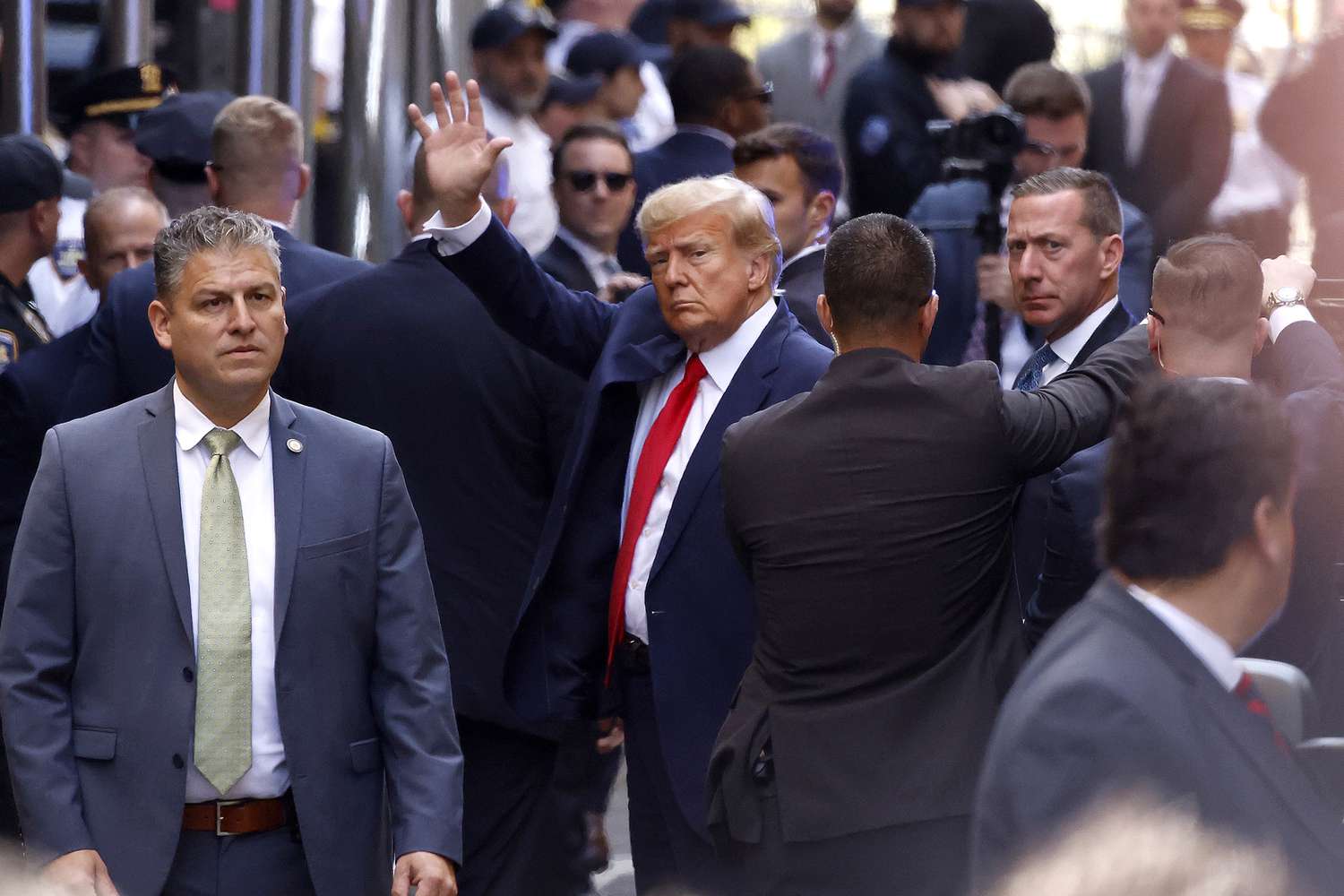Ezrah Kashumbusha.
WASHINGTON DC, March 04, 2024 | The US Supreme Court has unanimously determined that former President Donald Trump was improperly removed from Colorado’s primary ballot last year. This landmark decision not only reinstates Trump’s eligibility to appear on the ballot in all 50 states but also delves into the nuanced interpretation of the Constitution regarding qualifications for federal office.
The controversy centered on a 4-3 decision by the Colorado Supreme Court, which had invoked Section 3 of the 14th Amendment—an uncommonly cited post-Civil War provision designed to prevent insurrectionists from holding office. The Colorado court had concluded that Trump’s actions during the January 6 Capitol attack disqualified him from running for the presidency, a stance the US Supreme Court has now reversed.
In an unsigned opinion, the justices articulated a clear distinction between state and federal authority, stating, “States may disqualify persons holding or attempting to hold state office. But States have no power under the Constitution to enforce Section 3 with respect to federal offices, especially the Presidency.” The Court emphasized that the enforcement of such disqualifications rests with Congress, requiring specific legislation to implement Section 3’s provisions.
The unanimous agreement among the justices underscores a critical consensus on the overarching issue—state overreach in determining qualifications for federal office candidates. However, the unity did not extend to the rationale and implications of the decision. The majority opinion suggested that the only pathway to enforce Section 3 is through congressional action, a point of contention among the justices.
Justices Amy Coney Barrett, Sonia Sotomayor, Elena Kagan, and Ketanji Brown Jackson offered pointed critiques of the majority’s broader legal interpretations. The liberal justices, in particular, lamented what they perceived as unnecessary and unsupported expansions on the core issue, accusing the majority of shielding alleged insurrectionists from accountability. Justice Barrett, while concurring with the majority on the state’s lack of enforcement power, cautioned against the court’s venture into broader legal territories and emphasized a need for judicial restraint.
The Supreme Court’s ruling reverberated beyond legal circles, with former President Trump lauding the decision as a unifying moment for the country. His remarks, made from his Mar-a-Lago club in Florida, highlighted the ruling’s significance in the broader political landscape, especially as the presidential election season heats up.















